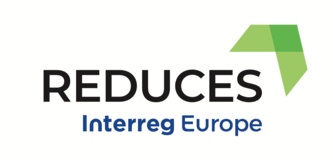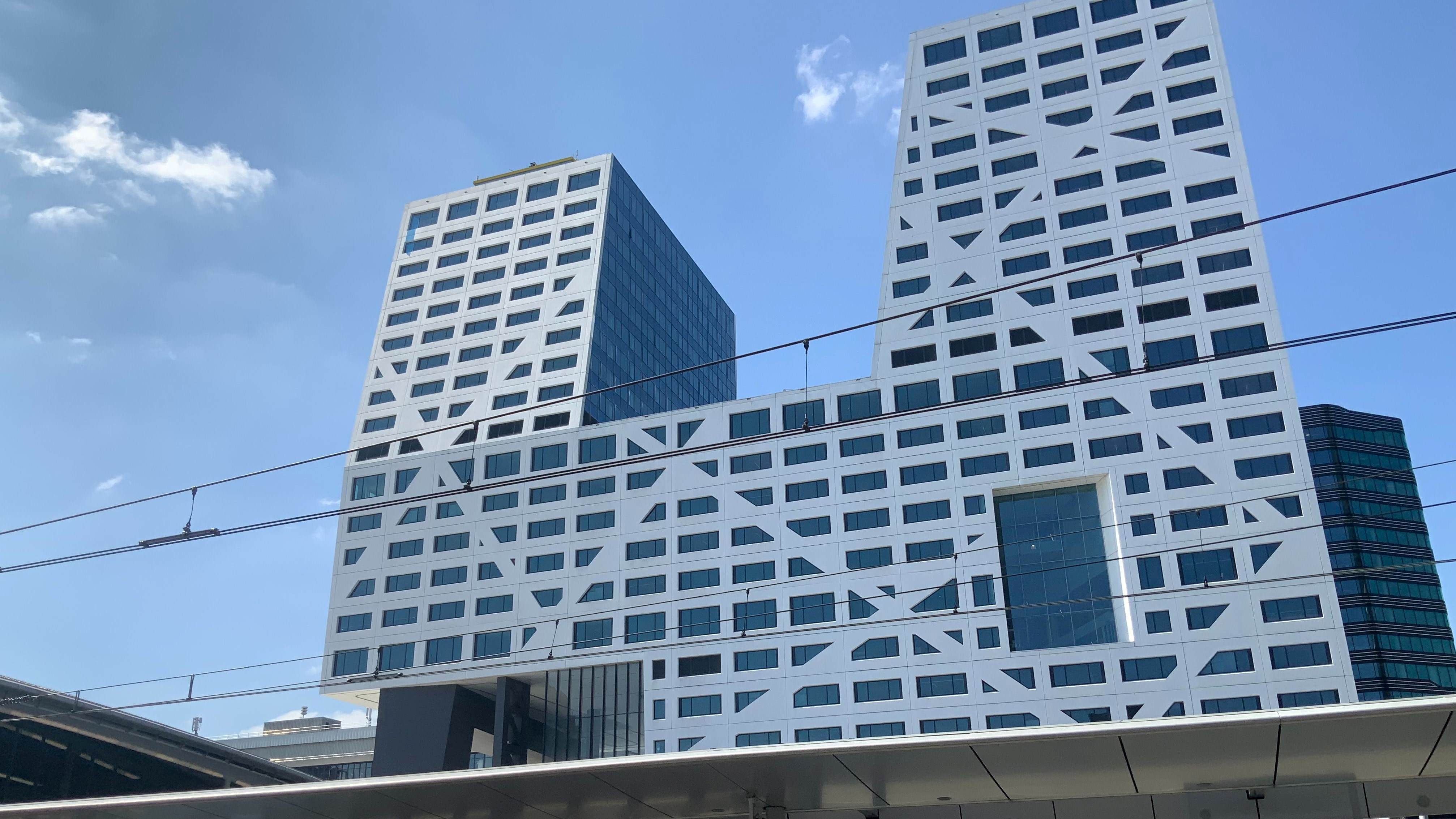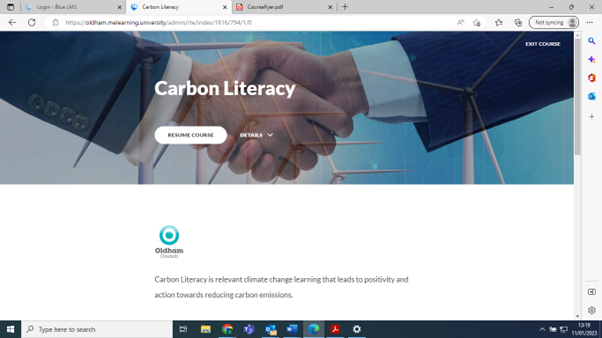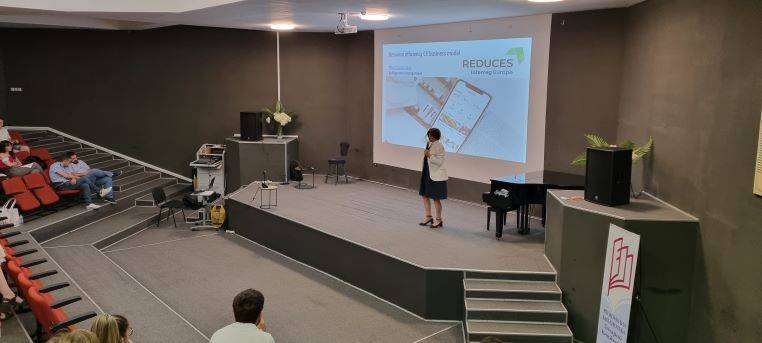(Press release, 19 Nov 2019)
Circular economy changes the methods and revenue models of business. Instead of traditional ownership, consumption is based on the use of services: sharing, leasing and reusing. The new method challenges countries and regions to develop and construct new business models that can be used to respond to the global climate crisis, among other things. Launched in August, the REDUCES project funded by Interreg Europe aims to identify the best business models in six European regions and to research and critically assess their climate impacts and sustainability.
“Circular economy enables us to create a viable, carbon neutral future. Many municipalities and cities have adopted a circular economy at the core of their operations. It is important to gain more practical examples of the operational models of circular economy and their environmental impacts in various contexts. The REDUCES project’s aim to identify and expand knowledge on the circular economy functions in various European regions is an excellent response to this need,” says specialist Karoliina Isoaho from the Finnish Innovation Fund Sitra.
Policy recommendations support the transition to circular economy
The REDUCES project studies whether circular economy business activities are automatically sustainable. The project bases its study on the five circular economy business models defined by Sitra and aims to find ongoing methods, corporate examples and projects in line with each model. The business models comprise product as a service, renewability, sharing platforms, product-life extension and resource efficiency and recycling. The discovered models are described and assessed according to the assessment framework developed in the project.
The objective is to collect the best practices and use them to identify opportunities for better supporting and promoting sustainable circular economy business in the different regions. The result is an action plan for each region to help influence political decision-making processes and promote circular economy business in the region.
The REDUCES project covers six European cities and regions: Southwest Finland, Valencia (Spain), Manchester (UK), Utrecht (Netherlands), Maramures (Romania) and Bulgaria. The project aims to find suggestions for each city or region to guide them towards sustainable circular economy business. The results and best practices will be shared in meetings between the cities and regions. The first meeting took place November in Turku, Finland. The project will continue until the end of January 2023.











